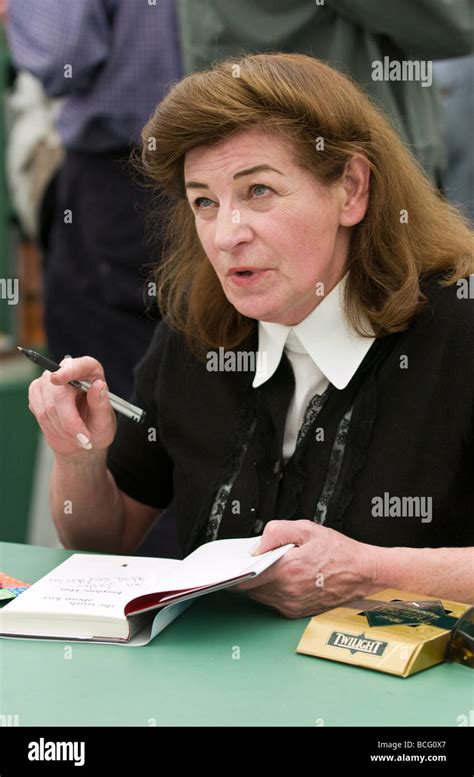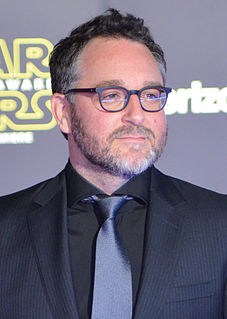A Quote by John Ruskin
What do you suppose makes all men look back to the time of childhood with so much regret (if their childhood has been, in any moderate degree, healthy or peaceful)? That rich charm, which the least possession had for us, was in consequence of the poorness of our treasures.
Related Quotes
In childhood our credulity serves us well. It helps us to pack, with extraordinary rapidity, our skulls full of the wisdom of our parents and our ancestors. But if we don't grow out of it in the fullness of time, our ... nature makes us a sitting target for astrologers, mediums, gurus, evangelists, and quacks. We need to replace the automatic credulity of childhood with the constructive skepticism of adult science.
The thing that strikes me now when I think about the Wilderness of Childhood is the incredible degree of freedom my parents gave me to adventure there. A very grave, very significant shift in our idea of childhood has occurred since then. The Wilderness of Childhood is gone; the days of adventure are past. The land ruled by children, to which a kid might exile himself for at least some portion of every day from the neighboring kingdom of adulthood, has in large part been taken over, co-opted, colonized, and finally absorbed by the neighbors.
They say that childhood forms us, that those early influences are the key to everything. Is the peace of the soul so easily won? Simply the inevitable result of a happy childhood. What makes childhood happy? Parental harmony? Good health? Security? Might not a happy childhood be the worst possible preparation for life? Like leading a lamb to the slaughter.
So much of our early gladness vanishes utterly from our memory: we can never recall the joy with which we laid our heads on our mother's bosom or rode on our father's back in childhood; doubtless that joy is wrought up into our nature, as the sunlight of long-past mornings is wrought up in the soft mellowness of the apricot; but it is gone forever from our imagination, and we can only believe in the joy of childhood.
We've all been disappointed by new installments of the stories we love. But with all this talk of filmmakers 'ruining our childhood,' we forget that right now is someone else's childhood. This is their time. And I have to build something that can take them to the same place those earlier films took us.






































